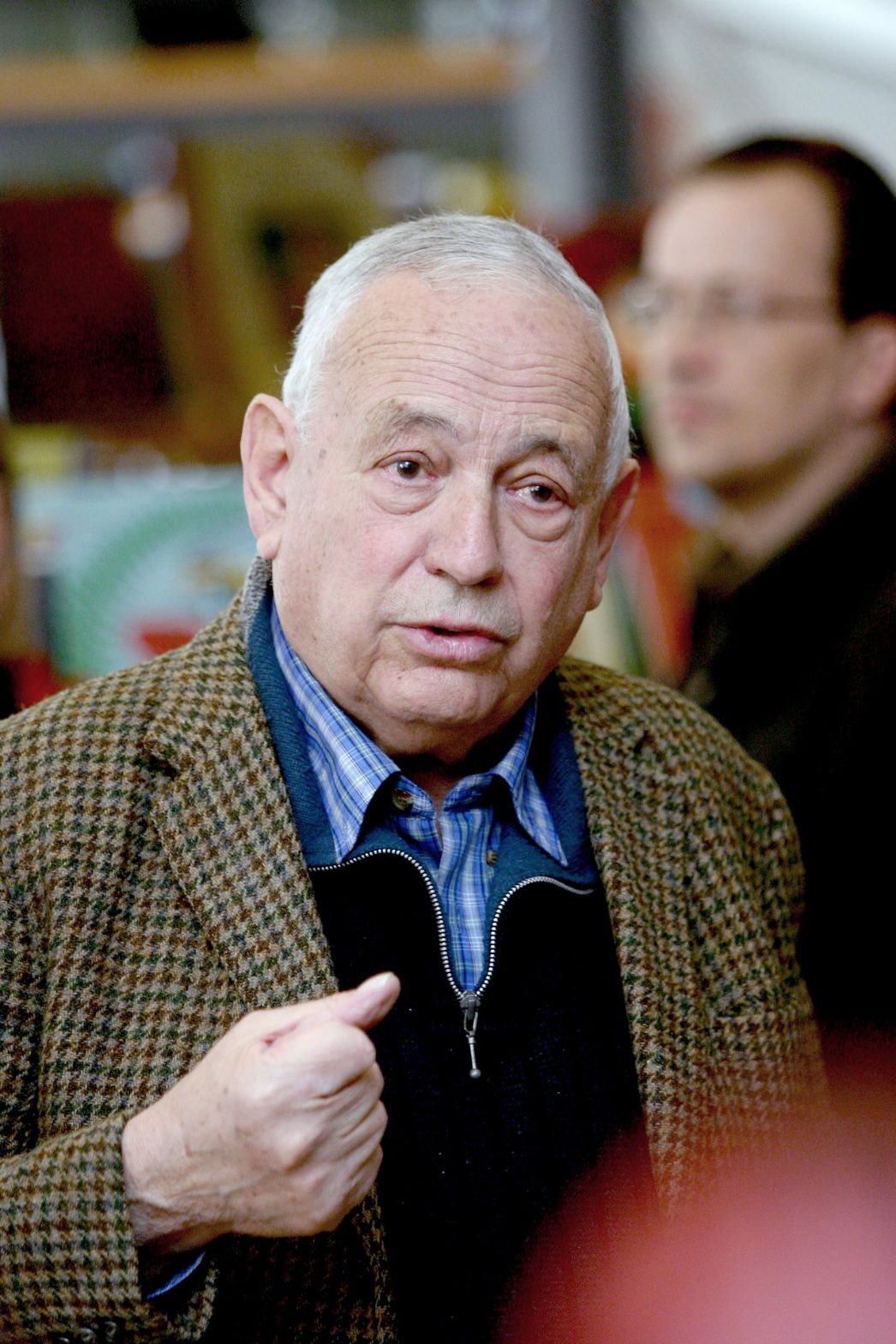
As his family informed us today, Thomas Geve died on 27 August 2024 in Haifa at the age of 94.
He was born Stefan Cohn on 27 October 1929 in the Züllchow district of Szczecin (now Szczecin-Żelechowa). Immediately after the National Socialists seized power in 1933, his father, Erich Cohn, lost his medical practice. The family first moved to Beuthen in Upper Silesia and then relocated to Berlin in 1939.
While his father managed to emigrate to Great Britain in 1939, all attempts to bring the rest of the family to Germany were unsuccessful. Thomas Geve was still able to attend a Jewish school until 1942, but from that year onwards all Jewish schools were closed. As a result, he had to do forced labour at the Jewish cemetery in Berlin-Weißensee. In 1943, he and his mother Bertha were deported to the Auschwitz concentration and extermination camp. On arrival, they were separated from each other on the ramp; he was never to see his mother again.
As the Red Army approached, the SS evacuated the Auschwitz camp in January 1945. Thomas Geve was first taken to the Groß-Rosen concentration camp and then to Buchenwald on 9/10 February 1945.
In Buchenwald concentration camp, Thomas Geve was registered as a ‘Jewish prisoner’ with the prison number 127,158 and was housed in the ‘small camp’ in Barrack 66, the children's block. During his time in Buchenwald, he began to draw his experiences. With coloured pencil stubs and on former SS form paper, he created a collection of precise images of everyday life in the concentration camps. These 79 childlike, naive drawings, originally intended as a report to his father, are also a harrowing statistic of horror in their accuracy: they document the arrival on the ramp, disinfection, the crematorium, forced labour, the guards, roll calls, hunger, illness and memories of liberation. Geve captured the system of extermination with remarkable precision.
In the summer of 1945, Thomas Geve was taken to the Zugerberg children's home run by the Swiss Red Cross. He later reunited with his father, who was living in London. Thomas Geve also moved to London, studied civil engineering and emigrated to Israel in 1950, where he worked as a civil engineer after his military service.
He published a memoir about his time in prison. It was a special honour for us to publish his drawings, which are kept in the Yad Vashem Museum in Jerusalem, together with him for the first time in 1997. The travelling exhibition "Es gibt hier keine Kinder. Zeichnungen eines kindlichen Historikers" (There are no children here. Drawings by a child historian) has since been shown in numerous cities to great acclaim. Thomas Geve was made an honorary citizen of the city of Weimar on the 6th of December 2023.
We mourn the loss of a valued friend. Our sincere condolences go to his family.
On behalf of all colleagues,
Jens-Christian Wagner, Director of the Foundation

